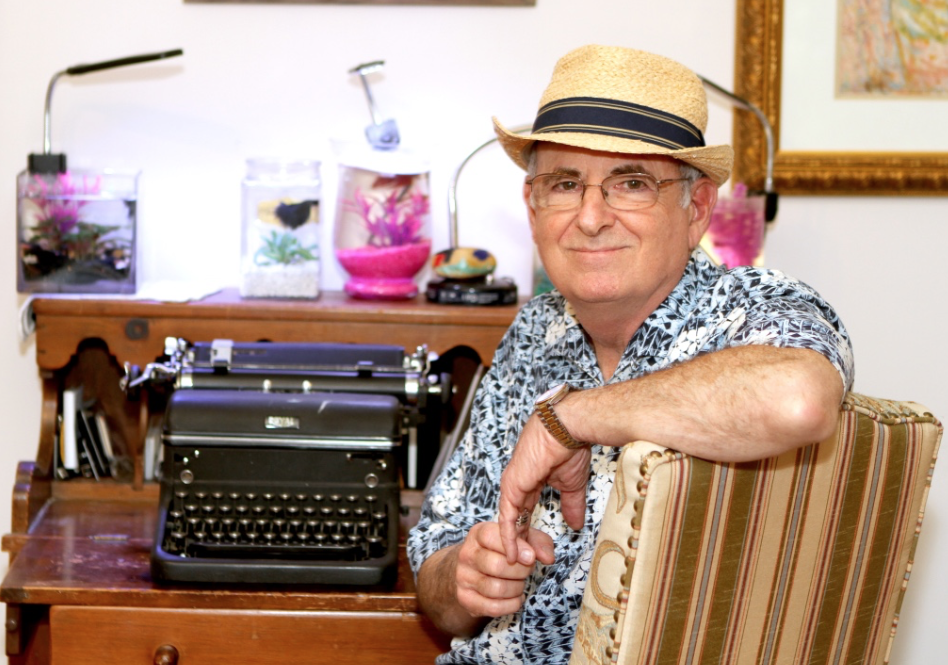My joys of Yiddish

If you are Jewish, were from a first or second-generation immigrant family, and lived in Brooklyn, you were surrounded by Yiddish. Yiddish is the much-derided polyglot language of the central and eastern European Jews that has not only inveigled its way into English, maybe courtesy of Fiddler on the Roof and the tremendous number of popular Jewish borsht belt comedians and has become a very popular language selection in colleges across the land. It was the language parents and grandparents spoke so the kids wouldn’t understand. “There lies the rub,” as Willie S would say, but we’ll come back to that.
Yiddish drives language purists crazy. It’s like a language stew. In comes some Polish, throw in a bunch of German, drop in a bit of Slavic derivation works, write it in Hebrew and bippitiy-boppity-boo what you have is Yiddish. Unfortunately for the language, the way it was used by people who were driven to be as American as can be, that meant that by the third generation, fewer and fewer could speak it except for choice words and phrases — Yiddish has a lot of them. There are few curse words in Yiddish but a lot of curses: A moth should fly in your mouth, lay eggs in your stomach, and make you live a life with a belly full of them. Or sarcasm: commenting on a none-to-interesting piece of gossip, my mother would remark, “It thrills me around, around, and in the middle” (tickles my belly button is an English equivalent). It definitely loses a lot in translation.
Looks like Hebrew

Brooklyn Boro
View MoreNew York City’s most populous borough, Brooklyn, is home to nearly 2.6 million residents. If Brooklyn were an independent city it would be the fourth largest city in the United States. While Brooklyn has become the epitome of ‘cool and hip’ in recent years, for those that were born here, raised families here and improved communities over the years, Brooklyn has never been ‘uncool’.